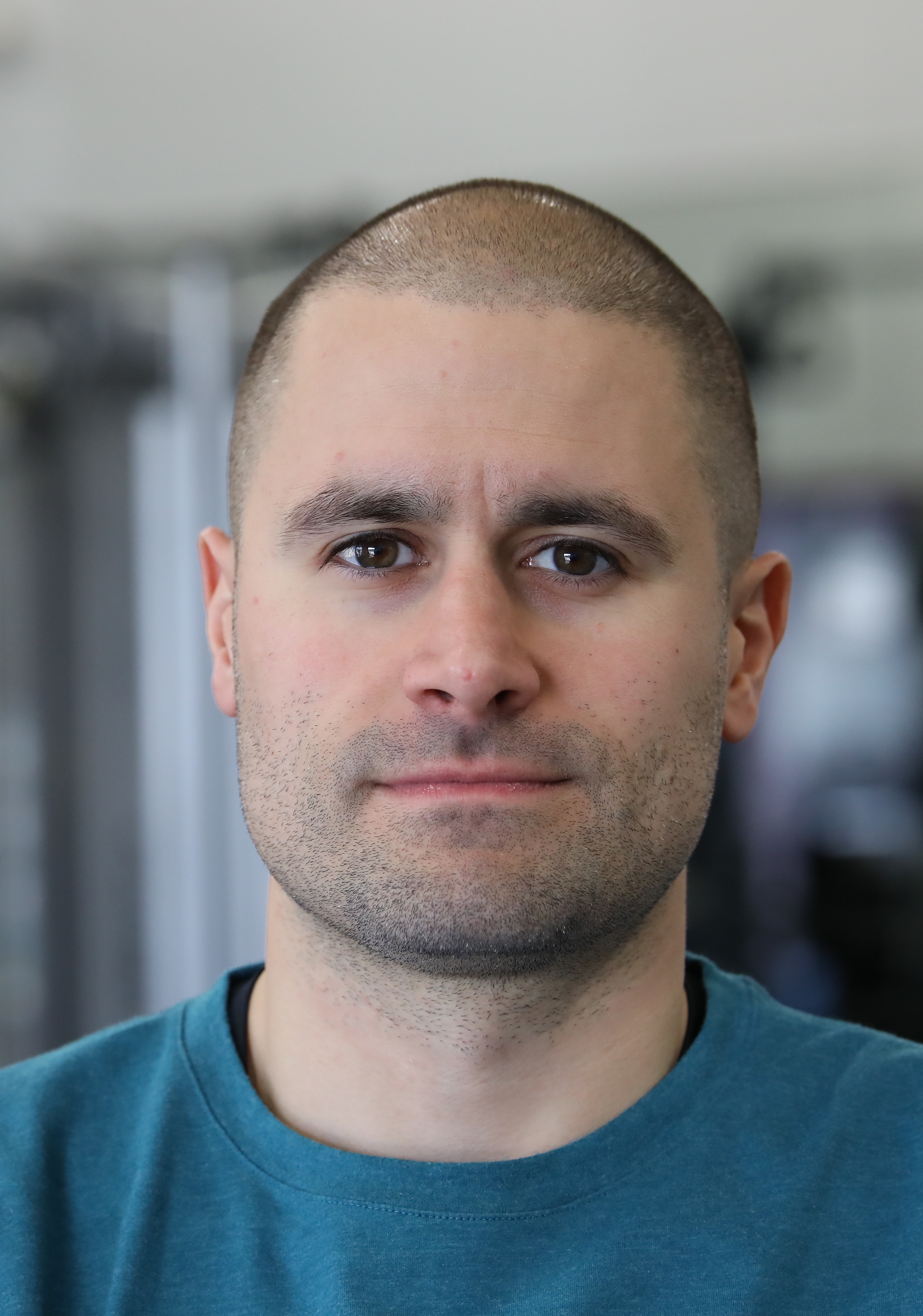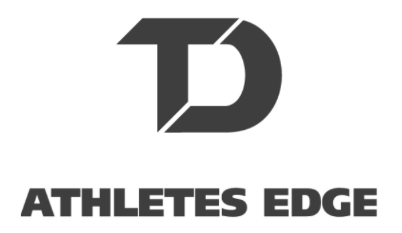THE #1 REASON THAT DURABILITY IS ELUSIVE FOR TODAY'S ATHLETE (PART 2)
RELATED: Hurt Locker Rooms - The Four Injury Risks Today's Young Player's Face
A CLOSER LOOK AT TODAY'S TRAINING ENVIRONMENT
Today's athlete has grown up in the "functional era" of training. This is thanks to an overreaction by fitness professionals over the last decade or two to make all training more "functional" or "sport specific." Regardless of what a more "functional" exercise looks like to you, it fascinates me and concerns me at the same time that this overreaction is even evident to the athletes who have developed during this training era.
BEFORE THE FUNCTIONAL TRAINING ERA
The fitness/training industry overreacted to the idea of functional training and this has muddied the training environment for today's athlete. There was a time when fitness, training and preparing for sport was safe from all of the noise and confusion that currently surrounds it. Before the term "functional training" turned into the industry's top buzz phrase and hottest new approach there was just training. The training environment was less confusing because industry professionals appreciated and honored the benefits of traditional strength/power development.
All industries must evolve over time and that's where performance training pioneers like Vern Gambetta, Gary Gray, Mike Boyle and others stepped in. They recognized that approaches to preparing for sport needed to include more than traditional strength/power work with barbells and dumbbells. They promoted a more comprehensive training approach to help athletes function better. This fresh approach included supplementing traditional strength/power work with a ground-up, inside-out (core first/extremities later) approach anchored in movement literacy and symmetry.
Unfortunately (through no fault of Gambetta, Gray, Boyle or others who laid the groundwork) this new approach labelled as "functional" training began to be misinterpreted and led to overreactions. As I understand it, a responsible functional approach to training was meant to compliment classic strength/power training but instead it has overshadowed or replaced it. A ground-up, inside-out, movement-based approach to athletic function is critical for high performance - assuming that the approach is clearly understood, interpreted accurately and backed by logic/evidence.
As I understand it, a responsible functional approach to training was meant to compliment classic strength/power training but instead it has overshadowed or replaced it.
WHY THE OBSESSION WITH "FUNCTIONAL" TRAINING?
There are several likely factors for the basis of the industry's overreaction toward "functional" training:
- Learning and executing the skills of lifting heavy weight is, at times, a grueling process. It's much easier for participants and coaches to attempt a less demanding routine and hope for similar results.
- "Functional" training approaches often look much different than established resistance training. Anytime you present a fresh, new and exciting alternative approach to a classic discipline, allure and intrigue will follow.
- During the early stages of adopting any new training routine or ramping up your normal activity levels, the body tends to respond rapidly in a positive way. Quickly experiencing increased energy levels, diminished feelings of stress and/or weight loss immediately reinforces the attraction to the novel approach and makes it easy to justify sticking with it.
- In today's age of internet and social media, snapshots of celebrities working out are easy to come by. To be worthy of sharing on the internet these workout snapshots by the "stars" have to be flashy or unique. The masses then adopt what they see because they want to train like, look like and perform like the stars.
IF NOT "FUNCTIONAL" TRAINING THEN WHAT?
The irony of this topic is that classic strength/power development methods in the form of skillfully lifting heavy weight is the most functional of any training approach. There's no need to label it as "functional" though, because it's just good training. I know this makes some people uncomfortable but I promise it's ok for the definition of "functional" or "sport specific" training to be rooted in the tried and true - the skills of moving heavy weight. Some people refuse to accept that the foundations of preparing for function in sport could possibly be that basic.
I know this makes some people uncomfortable but I promise it's ok for the definition of "functional" or "sport specific" training to be rooted in the tried and true - the skills of moving heavy weight.
RELATED: ACL Injury Prevention is Just Good Training - Mike Boyle
I describe "functional" or "sport specific" training as anything that has been proven to directly prepare a person to perform at their highest level and stand up to the demands placed on them - it promotes an athlete's ability to function against the rigors of their sport.
take home
Traditional resistance training approaches have been ignored and shifted away from. This has significantly changed the types of training stimuli that many athletes and fitness enthusiasts receive during preparation for high performance. Changing the stimulus types in any scenario will yield different results. Part 3 of this series will be focused on what the structures of the human body miss out on when there is a lack of heavy load based resistance training. Most importantly, the #1 reason that durability is elusive for today's athlete will be completely unveiled, supported by evidence and framed by a simple solution - stay tuned...
ABOUT THE AUTHOR

Tim DiFrancesco, PT, DPT spent 6 seasons as the Head Strength & Conditioning Coach of the Los Angeles Lakers and is the founder of TD Athletes Edge. He is nationally renowned for his evidence-based and scientific approach to fitness, training, nutrition, and recovery for athletes and fitness enthusiasts.
